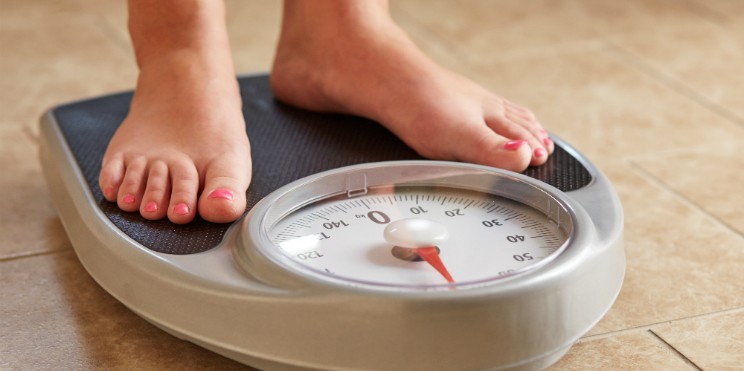Wondering how much weight you might or should gain during pregnancy? This is one of many excellent questions to ask your gynecologist, but you can get started with our pregnancy tips and helpful guidelines for pre-birth weight gain.
Is there such thing as “normal” amount of prenatal weight gain? Every pregnant body is different, so there is no one-size-fits-all answer to this common question. In fact, you have probably heard conflicting information about how to maintain a healthy weight and nutrition while pregnant, whether it is from books, strangers, or well-meaning relatives.
Of course, after you sift through the noise, all that matters is your doctor’s advice. However, it may help to learn more about the “normal” range for pregnancy weight gain, and why it matters to stay within that range.
Where You Gain: It’s Not Just Baby Weight
Weight gain during pregnancy comes from different causes. After all, an eight-pound baby grows inside a placenta and amniotic sac, adding an extra four to six pounds to your bare minimum weight gain. Meanwhile, as your baby grows, the rest of your body changes in specific ways that lead to extra body mass.
Here are some of the changes you can expect to cause weight gain during pregnancy:
- Increased Blood Supply (4 pounds)
- Extra Storage of Fat (Up to 10 pounds)
- Expanded Uterus (Up to 5 pounds)
- Extra Breast Tissue (Up to 3 pounds)
- Developing Baby, Placenta, and Amniotic Fluid (Up to 15 pounds)
For most expectant patients, these changes add 25 to 35 extra pounds for one baby. However, body mass index (BMI) affects your ideal number, too. Underweight mothers may need to gain more than that, while overweight and obese patients may only gain 10 to 20 pounds without additional risk.
Why You Gain: the Importance of Doing it Right
Of course, many of these physical changes make delivery and breastfeeding safe and possible. Others make it easier to protect and nourish your child before birth. Because this extra weight appears in such critical places, it is important to make sure you are gaining enough weight to account for everything your body and baby need.
In fact, premature births are linked to insufficient weight gain during pregnancy. However, if you gain too much, you could face the same risk, as well as a higher likelihood of a caesarean section, fetal macrosomia, and even weight gain after pregnancy.
Eating for Two: How to Pad Your Diet for Baby
Of course, your target weight is just the end goal of your pregnancy nutrition plan. Now you actually have to reach that weight without compromising your health (or your baby’s). Some of the most common pregnancy tips revolve around the types of food you can eat while pregnant.
However, do you know how much food to eat? A growing baby needs at least 300 calories per day, but twins will need more. A good rule of thumb is at least five to six small meals per day, as well as add-ons to increase the calorie content of your usual snacks.
Exercising While Pregnant
It is important to continue exercising while you are pregnant, as you will have more energy and less back pain. There are several activities that are recommended and ideal, such as walking and water exercises.
At the Woman’s Clinic, we are happy to provide prenatal and postnatal care for all expectant patients. To schedule an appointment or to learn more about our pregnancy care in Little Rock contact The Woman’s Clinic at (501) 664-4131 today.

